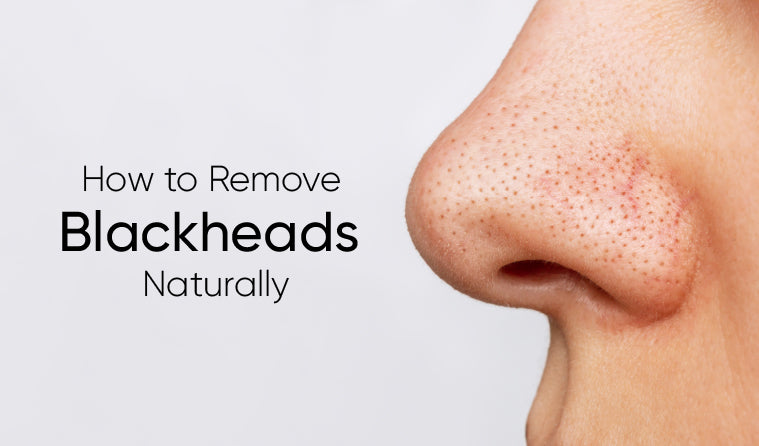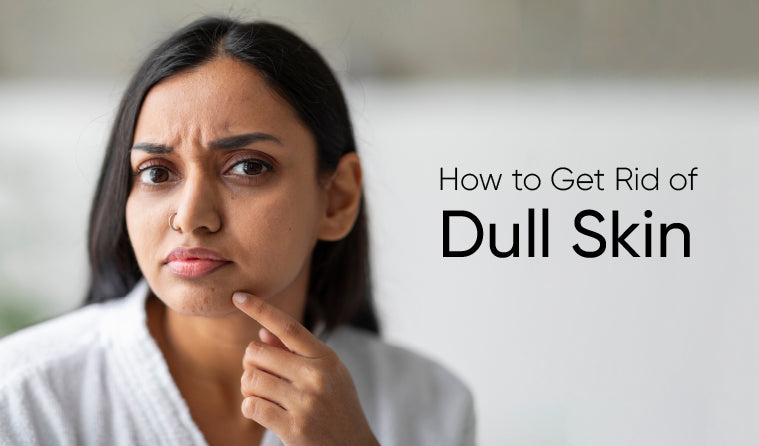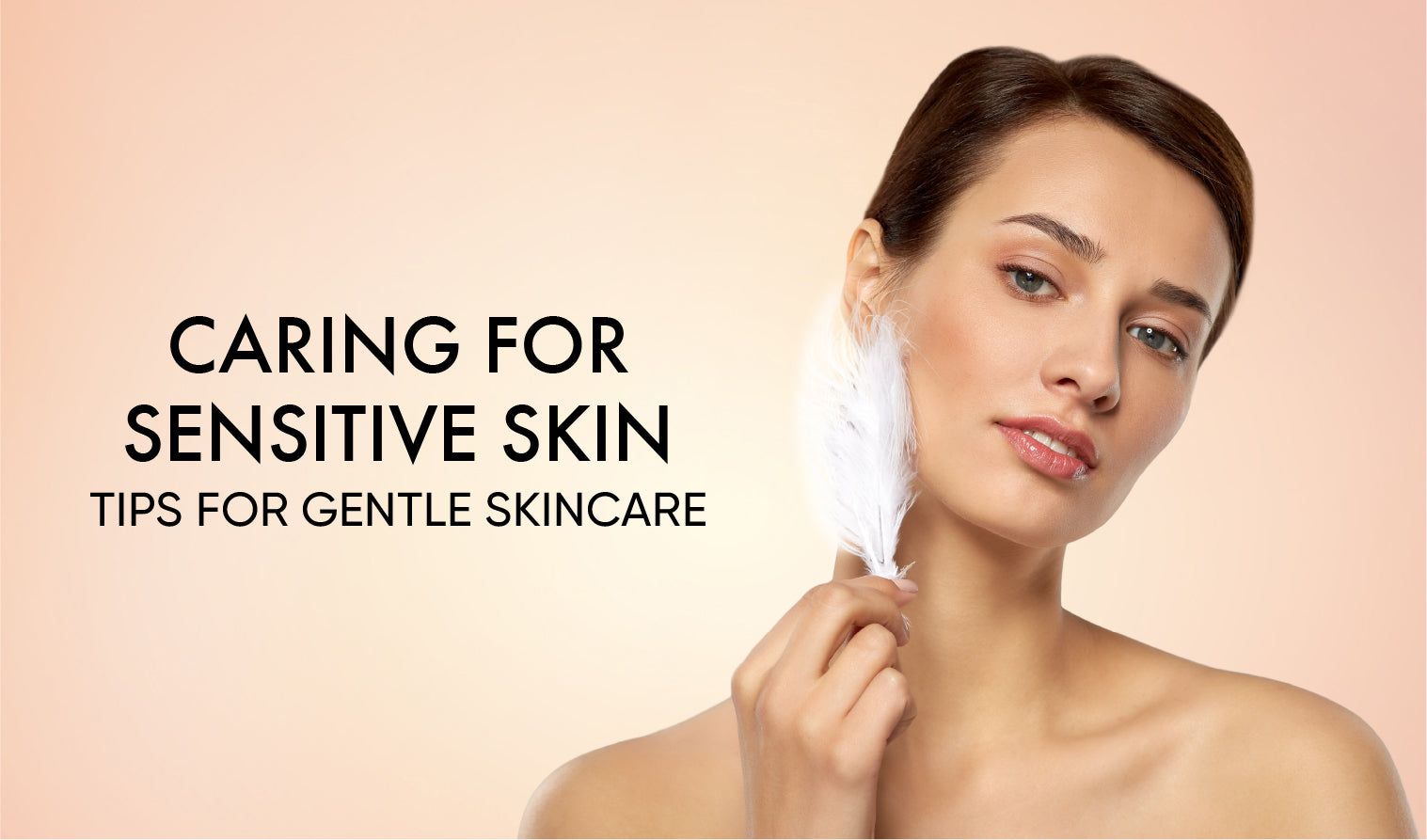Introduction
Blackheads, those pesky little dots that appear on our skin, can be a constant source of frustration for many. They not only affect our appearance but also contribute to skin issues such as acne. While there are numerous commercial products available promising to banish blackheads, some may prefer a more natural approach. In this article, we will explore effective ways to remove blackheads naturally, allowing you to achieve clearer and healthier skin without the use of harsh chemicals.
Causes of Blackhead
Sebum Overproduction:
One of the primary factors contributing to blackheads is the overproduction of sebum, an oily substance produced by the sebaceous glands in the skin. These glands are more concentrated on the face, particularly in the forehead, nose, and chin area, commonly known as the T-zone. When the sebaceous glands produce an excessive amount of sebum, it can mix with dead skin cells and create a plug, blocking hair follicles and leading to the formation of blackheads.
Hormonal Fluctuations:
Hormonal changes play a significant role in the development of blackheads, especially during puberty, menstruation, pregnancy, and menopause. Increased levels of androgens, such as testosterone, can stimulate the sebaceous glands to produce more sebum. This excess oil can contribute to the clogging of pores and the formation of blackheads. Hormonal fluctuations can also lead to changes in skin texture and an increased likelihood of acne-related issues.
Improper Skin Care Routine:
Inconsistent or improper skincare practices can exacerbate the occurrence of blackheads. Failing to cleanse the skin regularly allows a buildup of dirt, oil, and dead skin cells, creating an ideal environment for blackheads to thrive. Additionally, the use of harsh or comedogenic (pore-clogging) skincare products can contribute to the development of blackheads. Individuals with oily or combination skin types should choose non-comedogenic products to minimize the risk of clogged pores.
Excessive Use of Cosmetics:
While makeup and other cosmetic products can enhance one's appearance, excessive use can lead to blackhead formation. Some cosmetics contain ingredients that can clog pores and trap sebum, contributing to the development of blackheads. It is crucial to choose non-comedogenic and oil-free makeup products, remove makeup before bedtime, and cleanse the face thoroughly to prevent the accumulation of residue.
Diet and Lifestyle Factors:
Certain dietary and lifestyle choices can influence the likelihood of developing blackheads. A diet high in processed foods, sugars, and dairy products may contribute to increased sebum production and skin inflammation. Additionally, smoking and exposure to environmental pollutants can compromise skin health and contribute to pore blockages. Maintaining a balanced diet, staying hydrated, and adopting a healthy lifestyle can positively impact skin condition and reduce the risk of blackheads.
Natural Ways to Remove Blackheads
Steam Your Face
One of the simplest and most effective ways to open up your pores and loosen blackheads is through facial steaming. Boil water and pour it into a bowl. Allow it to cool slightly, then position your face over the steam, covering your head with a towel to trap the steam. Steam for 5-10 minutes, and this will soften your skin and make it easier to remove blackheads.
Exfoliate with Baking Soda
Baking soda is a gentle exfoliator that can help remove dead skin cells and unclog pores. Create a paste by mixing one tablespoon of baking soda with a few drops of water. Gently massage the paste onto your damp face using circular motions. Rinse thoroughly with lukewarm water to reveal smoother, blackhead-free skin.
Use Honey and Cinnamon Mask
Both honey and cinnamon possess antibacterial properties, making them an excellent combination to combat blackheads. Mix two tablespoons of honey with one teaspoon of cinnamon to create a thick paste. Apply the mask to your face, concentrating on areas with blackheads. Leave it on for 15-20 minutes before rinsing off. Honey's moisturizing effect combined with cinnamon's antibacterial properties can help prevent future blackhead formation.
Apply Green Tea
Green tea is not only a soothing beverage but also a natural remedy for blackheads. Its antioxidant and anti-inflammatory properties can help cleanse and unclog pores. Steep a green tea bag in hot water and allow it to cool. Gently rub the tea bag over your face or apply the cooled tea using a cotton ball. Leave it on for 15 minutes before rinsing. Regular use can result in a reduction of blackheads and an overall improvement in skin texture.
Lemon and Sugar Scrub
Lemon is known for its astringent properties, making it effective in reducing excess oil and clearing blackheads. Combine the juice of half a lemon with one tablespoon of sugar to create a scrub. Gently massage the mixture onto your face, paying attention to blackhead-prone areas. The sugar will exfoliate while the lemon works to tighten pores. Rinse thoroughly and enjoy the refreshed sensation on your skin.
Oatmeal Mask
Oatmeal is not only a healthy breakfast option but also a fantastic natural exfoliant. Mix one tablespoon of oatmeal with yogurt to form a paste. Apply it to your face and leave it on for 15-20 minutes. As you rinse off the mask, gently massage your skin to utilize the oatmeal's exfoliating properties. This remedy not only helps remove blackheads but also soothes and nourishes the skin.
Clay Masks
Clay masks, particularly those containing kaolin or bentonite clay, are excellent for drawing out impurities and excess oil from the skin. Apply a thin layer of the clay mask to your face and let it dry completely. As it dries, it pulls out blackheads and tightens pores. Rinse off the mask with warm water and pat your face dry. Clay masks can be a powerful addition to your natural blackhead removal routine when used once or twice a week.
Tomato Pulp Mask
Tomatoes contain natural acids that can help unclog pores and reduce blackheads. Mash a ripe tomato into a pulp and apply it to your face, concentrating on blackhead-prone areas. Allow it to sit for 15-20 minutes before rinsing off. The acidic nature of tomatoes helps regulate oil production and promotes a clearer complexion.
Conclusion
Banishing blackheads naturally involves a combination of effective remedies and a consistent skincare routine. By incorporating these natural methods into your beauty regimen, you can achieve clearer, healthier skin without resorting to harsh chemicals. Patience and consistency are key, as natural remedies may take time to show visible results. Embrace the power of nature and let your skin radiate with a newfound glow, free from the grip of stubborn blackheads.
F.A.Q
Q.1 What causes blackheads and how do they form?
Blackheads are primarily caused by the accumulation of excess oil (sebum) and dead skin cells in hair follicles. When these substances oxidize and meet air, they turn dark, resulting in the characteristic appearance of blackheads.
Q.2 Are blackheads a sign of poor hygiene?
Contrary to popular belief, blackheads are not solely indicative of poor hygiene. While a consistent skincare routine is essential, other factors like genetics, hormonal fluctuations, and environmental influences play a significant role in blackhead formation.
Q.3 How can I prevent blackheads?
Preventing blackheads involves maintaining a regular skincare routine, including gentle cleansing, exfoliation, and the use of non-comedogenic products. Managing stress, adopting a balanced diet, and avoiding pore-clogging makeup can also contribute to prevention.
Q.4 Is it okay to squeeze or pop blackheads?
Squeezing or popping blackheads at home can lead to inflammation, scarring, and the spread of bacteria. It is advisable to consult with a dermatologist for safe and effective extraction methods to minimize potential skin damage.
Q.5 Can diet affect the occurrence of blackheads?
Yes, diet can influence blackhead formation. Diets high in processed foods, sugars, and dairy may contribute to increased sebum production and skin inflammation. Maintaining a balanced and healthy diet can positively impact skin health.



